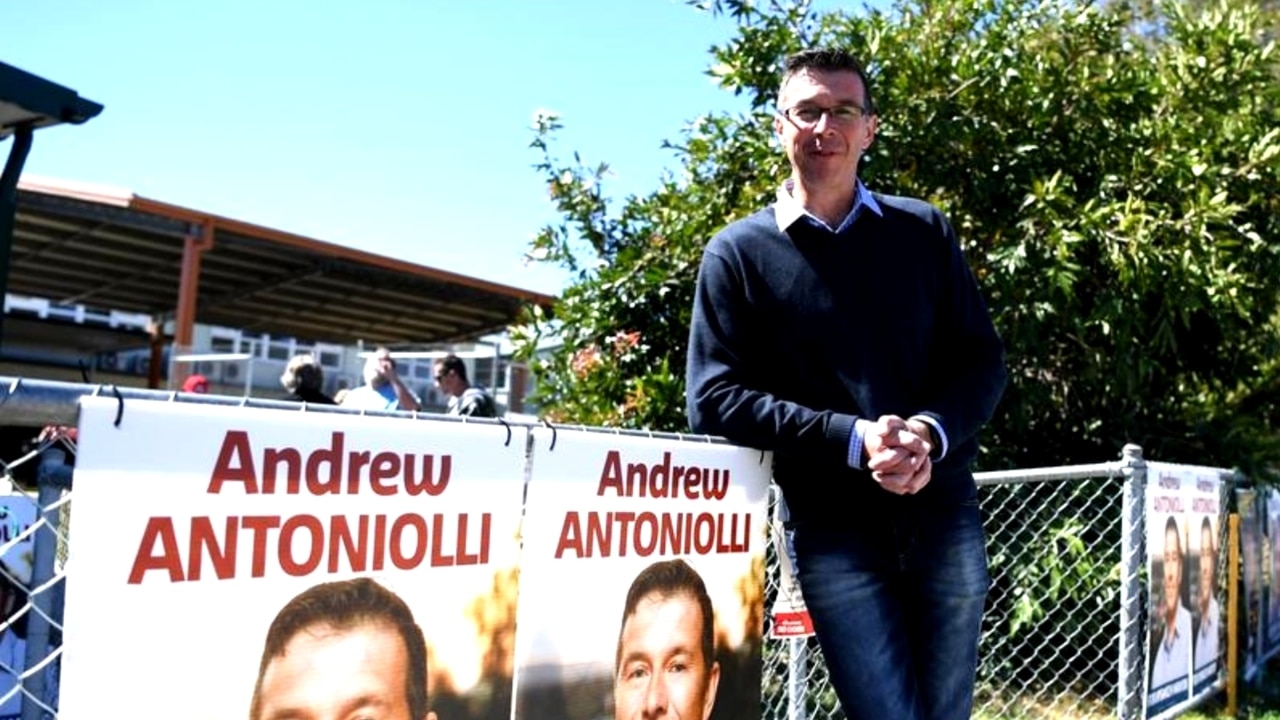New laws to sack council a step closer
NEW laws to sack Ipswich City Council have been given the green light by a parliamentary committee, which also rejected calls for compensation to be paid if the council is dismissed.

QLD News
Don't miss out on the headlines from QLD News. Followed categories will be added to My News.
NEW laws to sack Ipswich City Council have been given the green light by a parliamentary committee ahead of next week’s sitting when Labor will move to pass the Bill and dismiss the council.
The Economics and Governance Committee handed down its report into the Bill this afternoon, recommending it be passed.
The committee rejected calls for compensation to be paid and argued that while the Bill may potentially breach “fundamental legislative principles in relation to the rights and liberties of individuals” given 10 of the 11 councillors are not facing charges, the dismissal move was warranted in this case.

“While the committee recognises that individual councillors may not have been involved in such behaviour, and there has been an effort to improve the governance and oversight within the ICC, the committee considers that the seriousness of the issues identified, along with the significant loss of confidence in the ICC as a public institution, means that this may not be enough to restore the community’s confidence in the ICC,” it stated.
“The committee also draws attention to the legislative provision that all councillors are accountable to the community for the local government’s performance.
“Therefore, arguably all councillors are responsible for the issues identified in the CCC’s report, and the community’s loss of trust in the ICC to act in the public interest.
“For a properly functioning democracy, the public must be able to trust that their elected officials and institutions will act in the public interest, and in an accountable and transparent way.
“Therefore, the committee considers that the draft Bill’s breach of fundamental legislative principles in relation to the rights and liberties of individuals as described above is justified by the overriding significance of the objectives of the legislation, that is, to restore public confidence in the institution of local government and the Ipswich City Council in particular, and to provide certainty to the Ipswich community.”
The committee did recommend some changes including clarifying that the councillors, once sacked, can run for any Queensland council at the next elections in 2020.
It found there was confusion about the current wording that appeared to indicate councillors could contest the next Ipswich council elections in 2020 but not participate in any other council elections until 2024.
EARLIER:
IPSWICH City Council is just days away from being sacked by the Queensland Government, more than a year after corruption allegations were first levelled against its officials and their associates.
Special laws forcing out elected officials will be introduced by Local Government Minister Stirling Hinchliffe next week after a wide-ranging investigation by the Crime and Corruption Commission (CCC).

Premier Annastacia Palaszczuk today foreshadowed the introduction of laws to Parliament on Tuesday, saying her Government had given the move lengthy consideration.
“I do not take this action lightly,” she told reporters.
“This is a very serious matter and one that we have contemplated long and hard about.”
To date, 15 people connected to the council — including former mayors Paul Pisasale and Andrew Antoniolli and a former chief executive — have been charged with 86 criminal offences.
Over time, the council’s culture deteriorated to the point where corruption was no longer recognised, a report released this week by the CCC found.
It shows a “very dominating senior figure” combined with an inner circle of councillors and senior executives and weak policies allowed corruption to occur.
Officials used personal email accounts to get around right-to-information requests from journalists, and staff who raised corruption concerns were bullied and forced out.
The report proposed training all councillors across the state in corruption risks and switching council controlled entities to public to bring them under the CCC’s jurisdiction.
— AAP



